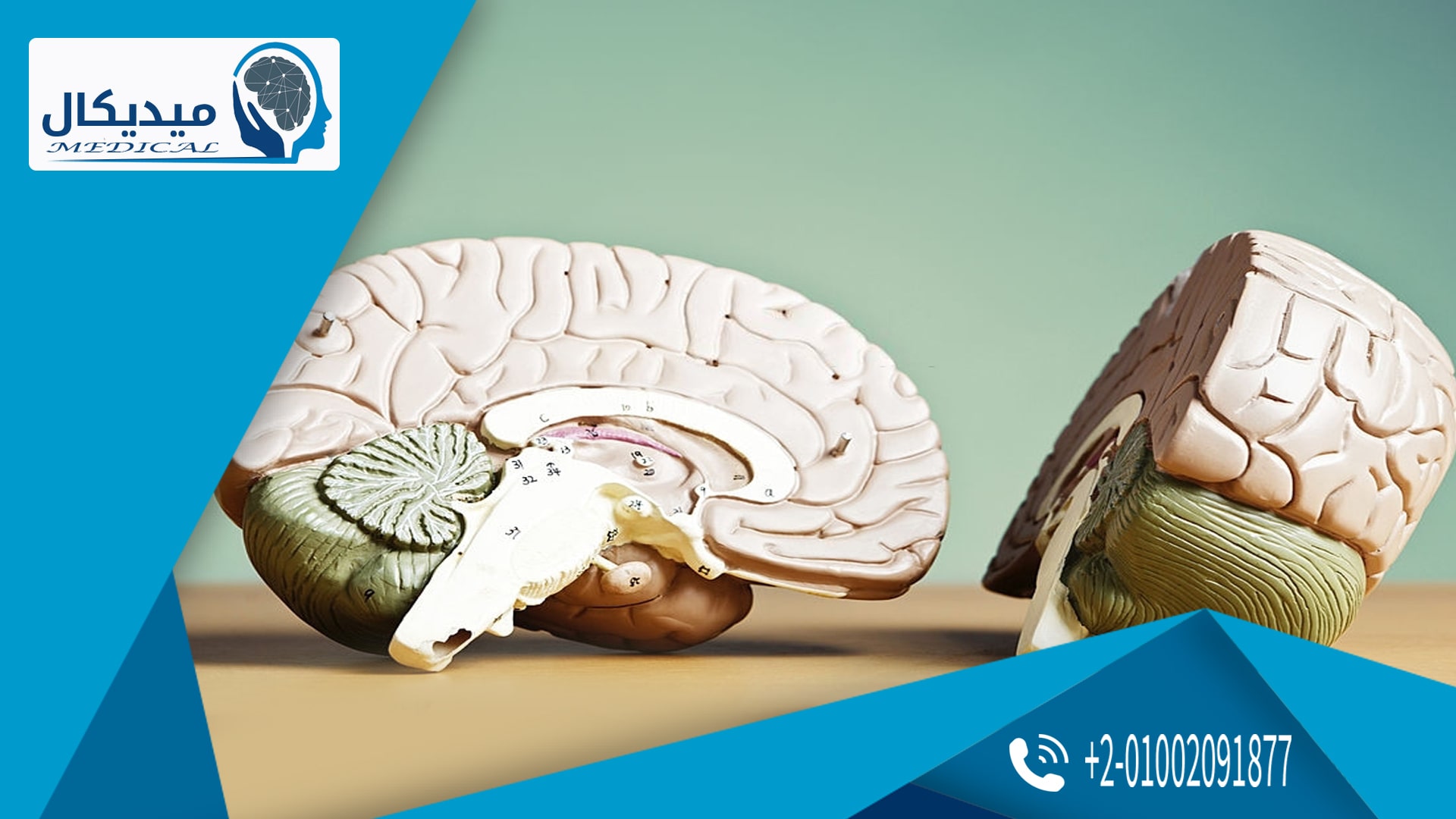Symptoms of obsessive-compulsive disorder(OCD)
The symptoms of obsessive-compulsive disorder are the fantasies and thoughts in the same patient repeatedly, stubbornly and involuntarily, and may appear in involuntary and stubborn motives, or in the form of voluntary motives characterized by lack of logic, and all kinds of these obsessions usually disturbed and disturb the person, especially when you try to think about other things or do other activities or actions, obsessive-compulsive disorder is always about fear of a particular subject in general, such as obsessive and fear of pollution and dirt.
Also fear of infection due to shaking hands with others or as a result of contact with objects touched by someone else, whispers also include doubts in the same patient of extinguishing the cooker, oven or locking the door.
Obsessive-compulsive disorder symptoms also revolve around constant thinking of thoughts that cause harm to others in a road accident; and also cause severe distress in a situation where the purposes are not arranged.
Sometimes the patient has psychological fantasies about harming their children, the patient may also develop an unbridled desire to shout at extreme times that are not suitable for shouting, Always resort the patient to refrain from being in situations that are going to have the appearance of OCD, such as refraining from shaking hands.
As well as superstitious belief; and excessive interest in things that bring both good and bad luck.
The most common symptoms of compulsive and involuntary behavior include:
Compulsive symptoms are defined as frequently occurring behaviors resulting from uncontrolled desires and impulses, These actions alleviate the anxiety associated with OCD, such as people who are thought to have run over someone who is repeatedly returning to the scene of the event in which they imagine they did the accident.
Obsessive thoughts vary in relation to a particular subject such as: examination, counting, bathing and hygiene, working in an orderly manner, returning to certain actions in a certain way several times, the need to find reinforcements, Symptoms resulting from compulsive behaviors include counting and counting in certain patterns and methods, frequently checking the stove or oven to make sure it is closed, frequently checking the doors to make sure they are closed, and washing hands frequently until skin peeling occurs.
